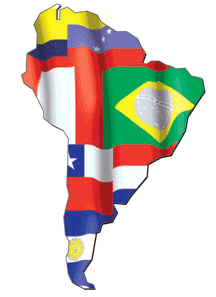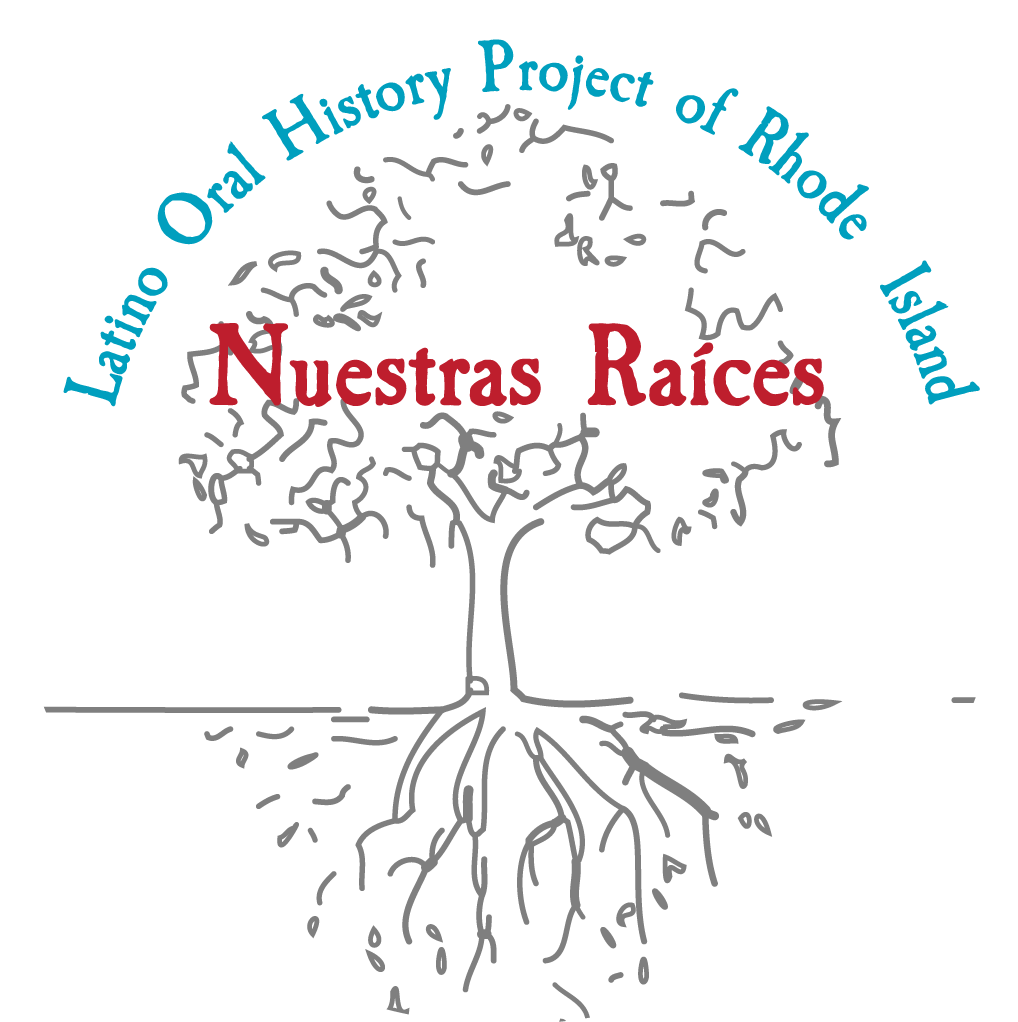Tags
What's in a Name?, Latino?, Hispanic?, Latina?, Latinx?, Dominican?, Puerto Rican?, Guatemalan?, Mexican?, Colombian?
Destination URLs
http://www.nuestrasraicesri.org/LatinoOrHispanic.html#, http://www.nuestrasraicesri.org/LatinoOrHispanic.html#, http://www.nuestrasraicesri.org/LatinoOrHispanic.html#, http://www.nuestrasraicesri.org/LatinoOrHispanic.html#, http://www.nuestrasraicesri.org/LatinoOrHispanic.html#,
http://www.nuestrasraicesri.org/DominicansinRhodeIsland.html#,
http://www.nuestrasraicesri.org/PuertoRicansinRhodeIsland.html#,
http://www.nuestrasraicesri.org/GuatemalansinRhodeIsland.html,
#, http://www.nuestrasraicesri.org/MexicansinRhodeIsland1.html#,
http://www.nuestrasraicesri.org/ColombiansinRhodeIsland.html

In Latin America, no one defines him or herself as “Hispanic” or "Latino/Latina." The Guatemalans call themselves Guatemaltecos, the Colombians Colombianos, the Dominicans Dominicanos, and so on. In the United States, many “Hispanics” may also refer to themselves as “Latinos/Latinas” or else use the terms “Mexican-American,” “Colombian-American,” etc. Today a recent-immigrant from Latin America quickly learns that he or she is no longer Salvadoreño, Mexicano, Argentino or Cubano, but now he or she belongs to a new, homogenized group called “Hispanic,” or “Latino.” This realization often serves as the bridge toward assimilation into a new country, and one or both of these terms are possibly and ironically the first American words that Spanish-speaking new immigrants learn. Terms historically used to label Spanish-speaking individuals include: Latin Americans, Spanish-speaking Americans, Latinos, Hispanics, Spanish surnamed Americans, La Raza and Spanish Americans, among others.
The term “Hispanic” however, is not universally embraced or enthusiastically received by all the diverse peoples who today are classified in the United States society as such. The naming of an ethnic group grows out of a ritual similar to naming a child. Naming an infant is a special cultural rite and transmits to that child a unique recognition of an identity and a place within the family history. The social acceptance of a common name for a majority of the members of an identifiable ethnic group must also emerge through a process which addresses the historical development of the group. Thus, both the identity and the past must be localized in a collective title or name assigned to a particular group.
Self definition is an important aspect of the rite of naming. The term “Latino” is preferred by some because it refers to the heterogeneous group of Spanish-language heritage/ Indigenous-European-Black racial origin peoples in the United States. Others use it despite the fact that the word “Hispanic” has emerged as the primary term which the social system uses. The argument by those who refuse to acknowledge the term “Hispanic” is rooted in two important issues. The word “Hispanic” negates or ignores racial/ethnic realities, and Mexican-Americans and Puerto Ricans (as well as others) have experienced racial and cultural discrimination which has historically affected their economic and political status. In addition, they feel that the term “Hispanic” does not appear to have merged from the group itself. Rather, many Latinos perceive it as having been imposed on the group by the White/Anglo, English-speaking society.
Today, those who are third-generation Latin Americans and more social conscious have embraced the term "Latinx," a gender-neutral term used in lieu of "Latino" or "Latina" to refer to a person of Latin American descent.
The absence of one single identification term or name cannot be explained by the inability or unwillingness to agree on and celebrate their common background. It is instead a fundamental statement regarding the different experiences of a people — and further, of a people in transition between and among countries, cultures, generations and social classes. Many who are opposed to using the term “Hispanic” feel that the Spanish origin term “Latino” is more positive and more encompassing of the groups’ commonalities. And Latinx is a gender-neutral alternative to “Latinos,” not only to better include those who are gender fluid, but also to push back on the inherently masculine term used to describe all genders in the Spanish language.
Take note, however, that each individual reserves the right to identify him or her ethnic origin group. Individuals and groups should be consulted as to their preferences if one is uncertain about the acceptability of the terms “Latino,” “Hispanic” or "Latinx."

